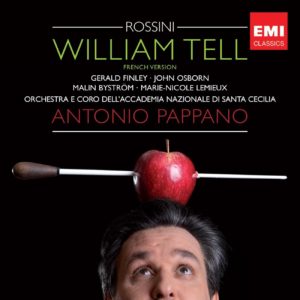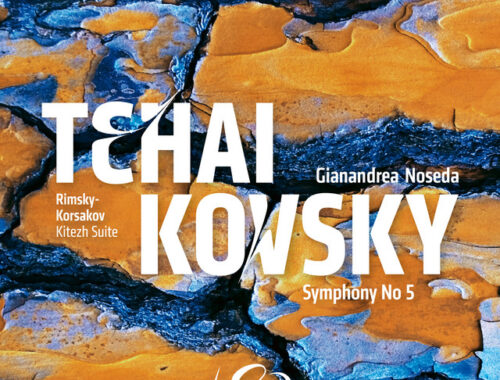GRAMOPHONE: From Where I Sit – November 2017
 Finishing the unfinished. With this month’s cover feature on the mysteries and machinations surrounding Mozart’s musical last will and testament the debate on whether or not, how or if, or to what extent we should be second guessing the greats is rekindled. Of course, the musically inquisitive will always want to venture into the realms of “what might have been”, however sketchy the road map, however sparse the clues. None of us like being left hanging on to the prospect of a masterwork in the making and more often than not the composer’s inability to speak for himself is an enticement more than it is a discouragement.
Finishing the unfinished. With this month’s cover feature on the mysteries and machinations surrounding Mozart’s musical last will and testament the debate on whether or not, how or if, or to what extent we should be second guessing the greats is rekindled. Of course, the musically inquisitive will always want to venture into the realms of “what might have been”, however sketchy the road map, however sparse the clues. None of us like being left hanging on to the prospect of a masterwork in the making and more often than not the composer’s inability to speak for himself is an enticement more than it is a discouragement.
Anthony Payne wanted to honour Elgar’s legacy with his masterly “elaboration” of the sketches for the Third Symphony and whether or not Elgar wanted anyone “tinkering” with them – and, of course, there is a powerful argument for leaving well alone – Payne’s composerly intuitions worked their way into the master’s head and offered us one set of possibilities. Likewise Deryck Cooke with the extensive remains of Mahler’s Tenth Symphony where the fully scored first two movements revealed a whole new direction in style that only the terminally unimaginative could resist exploring.
But where time simply ran out for Elgar and Mahler (and others) there were those for whom lofty aspiration reached an impasse and “work in progress” was frustratingly halted despite all efforts to the contrary. Schubert’s Eighth and Bruckner’s Ninth were not left unfinished for want of trying, or indeed for want of time, but rather for want of inspiration. The phrase “follow that” is key here. Honestly, what is there to add to the mirrored equilibrium and quiet luminous perfection of Schubert’s two exquisitely counterbalanced movements? Who wants to hear more? Not I. And, I suspect, not he. Admittedly, a two-movement symphony at that time might always have been regarded as “unfinished” but the spectre of a scherzo and finale unworthy of what had preceded them was clearly something that Schubert was unable to countenance. Why would anyone with an ounce of musicality want to do what he was unable to do and “complete” what is already, musically and spiritually, a precious entity.
Much more controversially I feel the same about Bruckner’s unfinished Ninth. Yes, I know that Bruckner wanted a final movement, that he had gone some way towards fashioning one, that he had in the interim suggested and sanctioned the use of his Te Deum as a choral finale. But consider the lengthy gestation of the piece, the fact that the Adagio alone took 18 months to complete (a further 18 spent on searching for that finale), and more importantly consider the crisis of faith within himself that was to produce a climax in that Adagio, a cry from the heart, a monster dissonance – a dominant thirteenth chord – unprecedented in his entire output. Consider then that he finds perfect serenity in its wake and ask yourself if everything has in fact now been said? I really don’t want to hear any more music at this point – and I do wonder if deep down in his subconscious he truly did. Surely the rest is silence.




